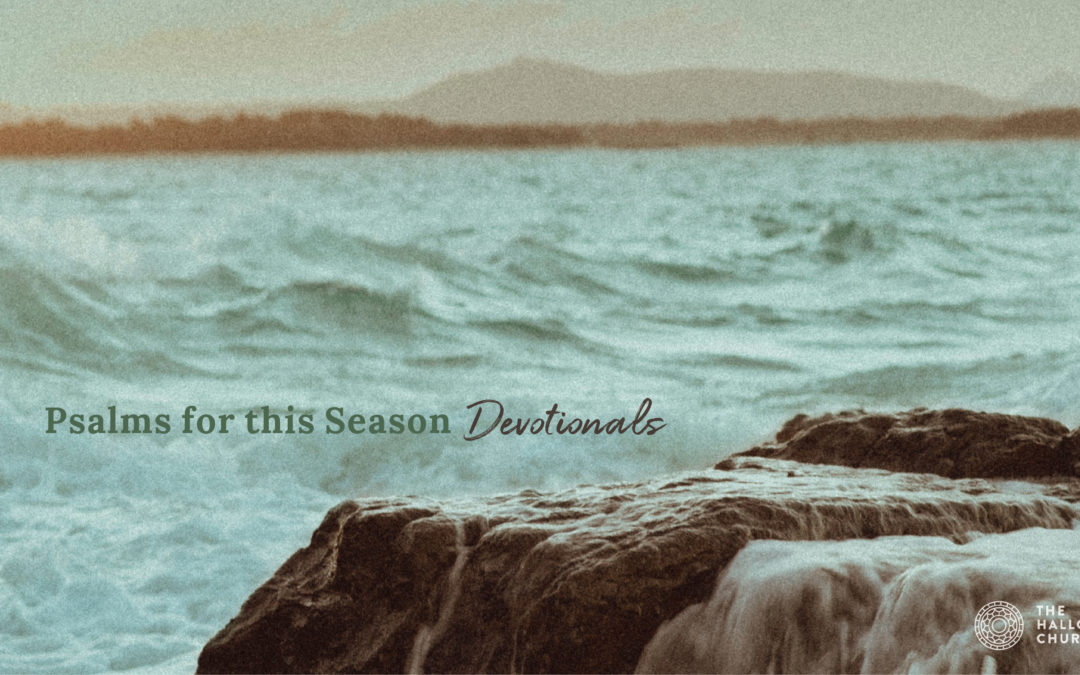Day 12 | Psalm 65
Praise rightfully belongs to God because He alone is God. But, He is neither a secluded nor a calloused God. He is the One who hears our prayers. We praise Him for not only being God but for the way He chooses to be God. He willingly listens and responds to our prayers!
Not only is God the only One willing and able to receive our prayers, He alone is qualified to atone for our sins. David writes, “Iniquities overwhelm me; only you can atone for our rebellions” (Psalm 65:3). God does so according to His graceful will and purpose. For He is not obligated to make atonement for sin on our behalf. He could require that from us, but He loves us too much to do so. He knows that if we attempted self-atonement, we would fail miserably. Any offering we provide for ourselves would be alarmingly inadequate, including those called for by God! The system of offerings and sacrifices called for in the Old Testament did not serve as a sufficient source of atonement, which is why they were repeated on a daily, weekly, monthly, and yearly basis.
The writer of the New Testament book of Hebrews provides the following insight:
Since the law has only a shadow of the good things to come, and not the reality itself of those things, it can never perfect the worshipers by the same sacrifices they continually offer year after year. Otherwise, wouldn’t they have stopped being offered, since the worshipers, purified once and for all, would no longer have any consciousness of sins? But in the sacrifices there is a reminder of sins year after year. For it is impossible for the blood of bulls and goats to take away sins (Hebrews 10:1-3).
The writer’s inspired insight is discerned in two words: shadow and reality. The entire sacrificial system was a shadow of the reality God Himself would provide for us in the person and work of Jesus. He declares, “By this will, we have been sanctified through the offering of the body of Jesus Christ once for all” (Hebrews 10:10). We respond to God’s substitutionary atonement with repentance, gratitude, and praise. None of which are self-atoning. All of which are Christ-exalting.
Likewise, a declaration of praise cascades from David’s affirmation of God’s attentiveness and willingness to atone for His people’s sin. The God who hears and atones also cares for the earth. The upward swing of this psalm presents quite the juxtaposition to our current pandemic crisis, but in an oddly reassuring way. God takes care of life on earth.
The description “all the ends of the earth” is spatial in its meaning. God cares for every inch of the earth. But, there is a temporal connotation to how we use the word “end” as well. Let’s praise God for He will care for all the earth until the end of time. When all is said and done, He will remake the earth. For “He is the God of our salvation, the hope of all the ends of the earth and of the distant seas” (verse 5).
Written by Dr. Andrew Arthur | Lead Pastor, The Hallows Church | andrewarthur.info

